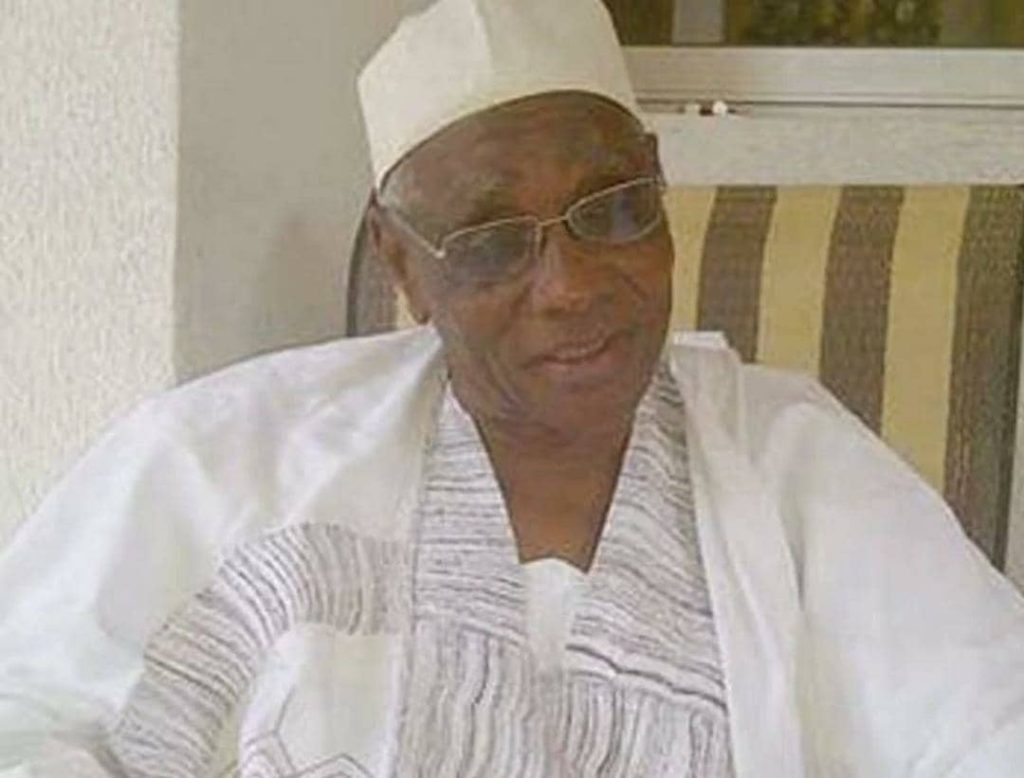By Kamil Opeyemi
The Convener of the Northern Elders Forum, Prof. Abdullahi Ango, has said the Nigerian system is not working.
He lamented that a single mosque in Saudi Arabia cannot be consuming 18,000 megawatts in a day while Nigeria generates a total of 4,000 megawatts.
Asking Nigerians to go back to the drawing board, Abdullahi, a former Vice-Chancellor of the Ahmadu Bello University, Zaria, said booth leaders and the led have all failed.
He spoke at a book launch titled “ Court and Politics”, authored by Dr Umar Ardo in Abuja on Saturday.
“Looking at present reality in the country, everyone, both the leaders and the led have failed the country.
“This event, to me is an opportunity for us to talk to ourselves about our collective failure as a country.
“Today, we’ve just had power failure now, for 64 years we are having 4,000 megawatts, what a shame. 4000 megawatts of electricity is not enough for one big house in another country.
“For those of us who from time to time go to Saudi Arabia on pilgrimage and so on. I should remind you that the Masjid al-Haram, the Makkah mosque uses 18,000 megawatts of electricity daily.
“Here in Nigeria that is a country with over 220 million of people we are generating 4,000 megawatts of electricity after 64 years of independence. Something is wrong with everybody, everyone. Everyone is guilty,” Abdullahi said.
He said that Nigeria practiced the parliamentary system of government from 1960 to 1966 and later jettisoned it for the presidential system of government.
Abdullahi said that the presidential system was too expensive for the country, as it required lots of resources to run.
“The time has come for us to really go back to the drawing board so that all of us can be safe,” he said.
Speaking on the book, he described court and politics as siamese twins that cannot be separated.
Abdullahi said that the book cover the subject politics, democracy and law, adding that it gave opportunity to not just legal practitioners and politicians but to every to discover what had failed Nigeria and the way forward.
Also speaking, Alhaji Shehu Gabam, the National Chairman of the Social Democratic Party (SDP), described the occasion as one of the forum to discuss the way forward for Nigeria.
Gabam said that many Nigerians had been victims of politics, though court decisions, the Independent National Electoral Commission (INEC) or vote- buying.
He said that Nigerians could not continue to pay nonchalant attitude to the system, but be bold take corrective measures to save the country for both the present and future generations.
“At one period or the other, our judiciary was one of the best in Africa. We used to send some of our judges to African countries to train their judicial system,” he said.
The book reviewer, Prof. Dakas Dakas, commended the author for his courage and dedication in shedding illuminating light on the contentions and contestation in the intersection of the judiciary and politics in Nigeria.
Dakas, a former Commissioner for Justice for Plateau, said that the book with 563 pages provided insights into Nigeria politics, democracy and jurisprudence.
“Ardo skillfully navigates through the twists and turns of his experiences, offering enormous exploration of the challenges, triumphs and tribulations that bedevil the Nigerian political theatre,” he said.
He said that court and politics not only contributes to our understanding of the complexities within Nigeria’s legal and political spheres, but also serves as a cautionary tale and a clearon call to action to safe Nigeria.
Dakas recommend the book to students and practitioners of constitutional law, politicians, judges, and all stakeholders that were investing in the vitality of Nigeria’s democratic institutions.
The author, a former Special Adviser on Research and Strategy to former Vice-President, Atiku Abubakar, commended the guests for honoring his invitation.


